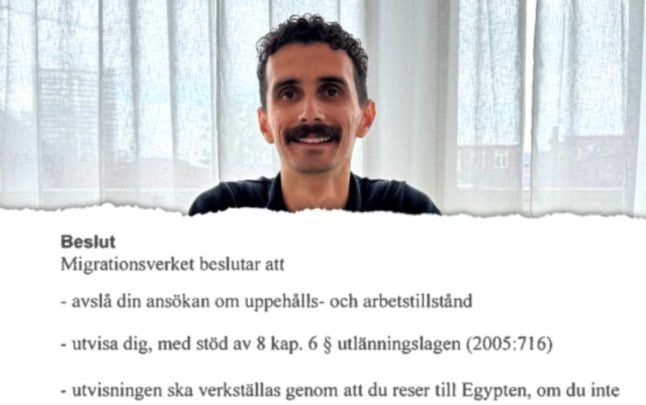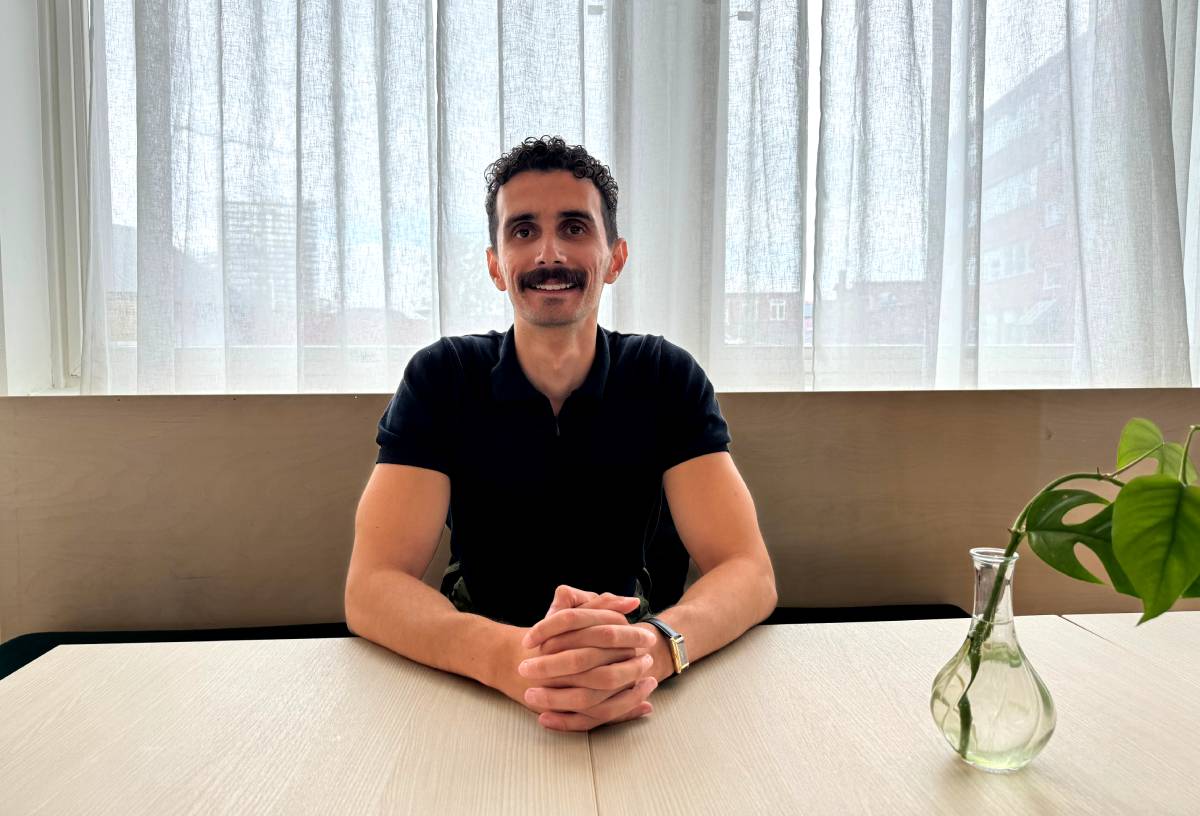In an email sent to The Local, the official confirmed the latest data, published at the end of last year, which showed that 22 percent of residence applications from UK nationals under the Withdrawal Agreement had not been successful in Sweden. The official said this was similar to the rejection rate for Swedish citizens’ applications in the UK.
“Through its regular monitoring in Annual reports under Article 159(2) of the Withdrawal Agreement, the European Commission is aware of the fact that Sweden has a high rate of refusal of residence applications under Article 18(1) of the Withdrawal Agreement,” the official said.
But they said that this in itself did not indicate that Sweden was failing to apply the UK Withdrawal Agreement correctly.
“As long as there is no indication that a Member State in question is incorrectly applying the Withdrawal Agreement rules, it is not for the Commission to tell Member States how strict or lenient they should be when processing late applications,” the Commission official said.
READ ALSO: Brits in Sweden still in limbo years after Brexit deadline
Two EU lawyers The Local spoke to earlier this summer said that they believed that the Swedish Migration Agency had not been correctly applying the proportionality test to late applications, and had been too narrow in its interpretation of what constitutes “reasonable grounds” for a late application.
They also said that they believed the Migration Agency had been overly strict on what level of employment or savings UK citizens were required to have to qualify as resident in Sweden under EU law, and to therefore be qualified for post-Brexit residency.
SEE MORE: Why did Sweden reject Brits for post-Brexit residency?
But the Commission official said that when it came to the late applications at least, Sweden was entitled to take the position it had done.
“If the host State authorities reach the conclusion that a late applicant did not have reasonable grounds for missing the application deadline, they do not have to deal with the application on substance,” the official said.
“This means that someone who would have qualified for the residence rights under the Withdrawal Agreement might not be granted those rights if they missed the application deadline and did not have a valid reason for doing so.”
READ ALSO: Is Sweden getting EU law wrong on Brexit cases?
An unusual high rejection rate, the official continued, did not mean that Sweden was breaking the terms of the EU Withdrawal agreement.
“The fact that there are negative decisions being taken by Member States under Article 18 of the Withdrawal Agreement (WA) does not, in itself, indicate that those Member States apply the Withdrawal Agreement incorrectly,” they said.
The Migration Agency had carried out a review of refusals, they said, checking a selection for “legal quality”, something The Local has previously reported on.
The Commission had received the Migration Agency’s review, they said, but had yet to complete its analysis of the findings.




 Please whitelist us to continue reading.
Please whitelist us to continue reading.
Member comments